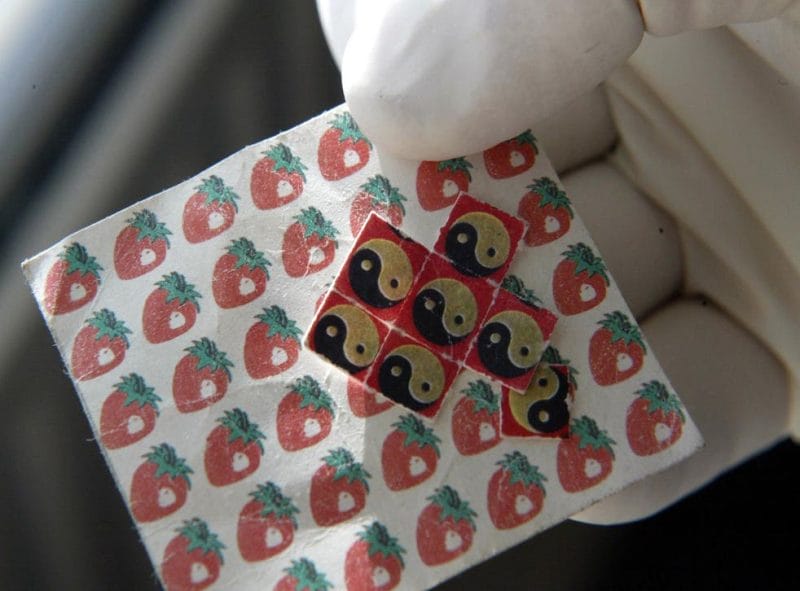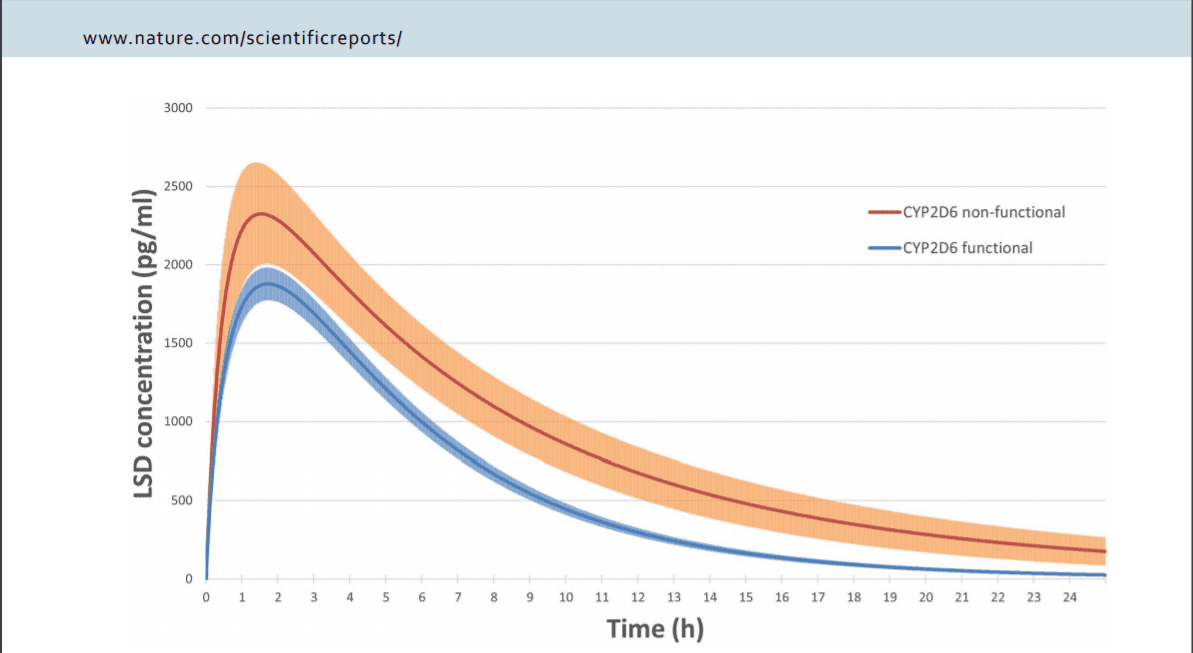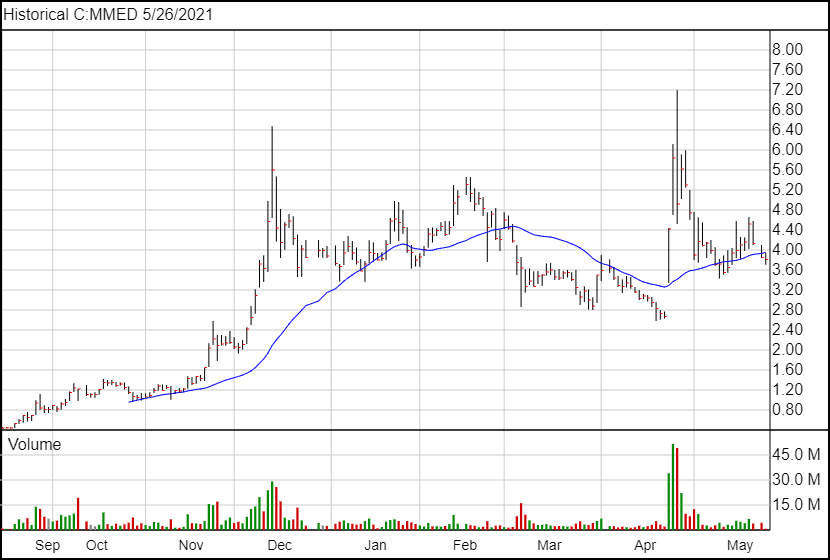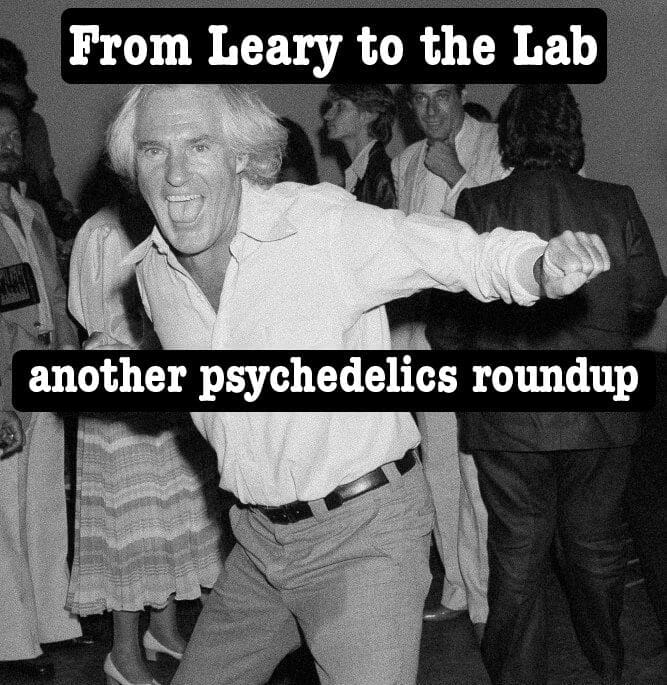Mind Medicine (MMED.NE) announced the publication of the first pharmacogenetic data on LSD to help personalize dosing.
The study results from a pooled secondary analysis of four Phase I studies that each used a randomized, double-blind, placebo-controlled, crossover design. The studies were conducted at the University Hospital Basel Liechti Lab, in Basel, Switzerland.
The study, titled ‘Genetic influence of CYP2D6 on pharmacokinetics and acute subjective effects of LSD in a pooled analysis’ was published in Nature’s Scientific Reports. The study examined the influence of genetic polymorphisms of CYP genes on the pharmacokinetics and acute effects of LSD in healthy subjects, building on previous research of human liver microsomes, which play a key role in drug metabolism.
Okay, I know that was a lot of words that probably don’t mean much to you, so here’s the simpler version: they tested various genetic markers to see if they had an effect on how people reacted to LSD. This kind of research is crucial for studies, so they know how different people’s bodies will react to LSD, allowing them to control dosage.
In vitro metabolic studies indicate that several cytochrome P450 (CYP) isoforms are involved in the metabolization of LSD, with CYP2D6 providing the clearest evidence of effect.
Dr. Matthias Liechti, a scientist involved in the study and a consultant for MindMed, stated “This is the first data on the pharmacogenetics of LSD. The results indicate that a test of the metabolic function of a patient by CYP2D6 phenotyping and genotyping can be used to adjust the dose of LSD. Such information is important for the further development of LSD into a medication and could ultimately help to personalize patient treatment.”
Keen observers of cytochrome P450 isoform studies will recognize CYP2D6, which plays an important role in the metabolization of MDMA. For both psychoactive substances, CYP2D6 appears to substantially impact pharmacokinetics and subjective effects.
Now, it could be a coincidence, or it could tell us something important about this particular isomorph and our reaction to psychoactive compounds.
Individuals with no functional CYP2D6, known as poor metabolizers, had longer LSD half-lives, peaking higher and lasting longer, as can be seen in the figure below.
Other CYP variations did not provide scientifically significant results.
MindMed Executive President, Dr. Miri Halperin Wernli said, “The psychedelic experience can be conceptualized as the facilitated transforming encounter between one’s fears and longings with the universe and its network of living processes. This work with Professor Liechti, indicating that genetic polymorphisms of CYP2D6 significantly influence the pharmacokinetic and subjective effects of LSD, is an illustration that biological and psychological transformation processes may be deeply interwoven. When LSD is the chosen key to open an opportunity for psycho-transformation and growth, individual parameters such as one’s own metabolization and bio-transformation rhythm have to be carefully understood and taken into consideration in order to allow the transformative effect to happen in the most powerful and safe manner.”
Following the news, MindMed shares are down two cents and are trading at $3.83.









